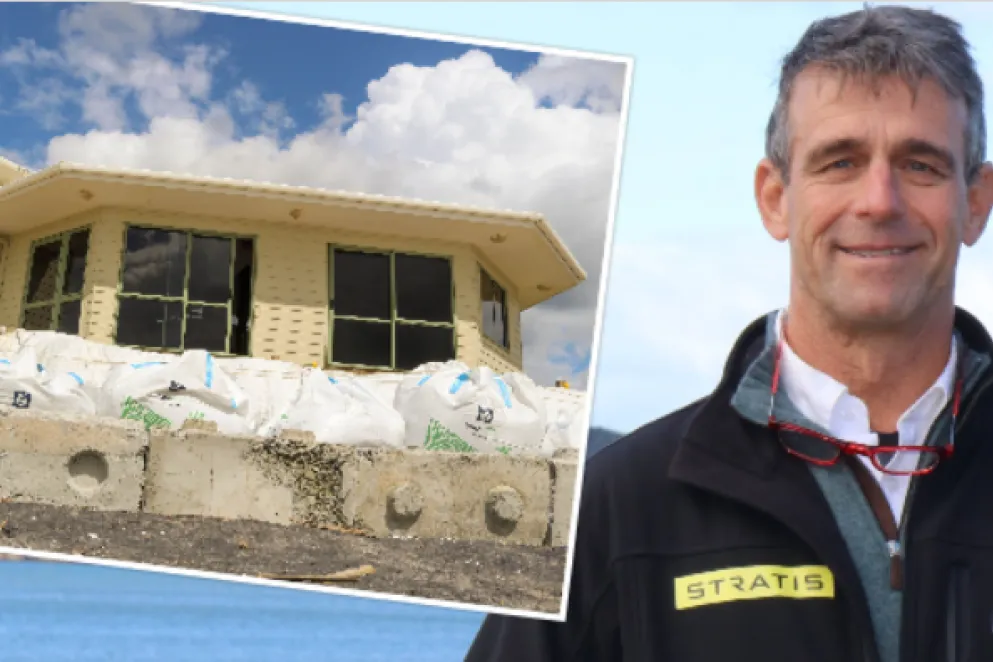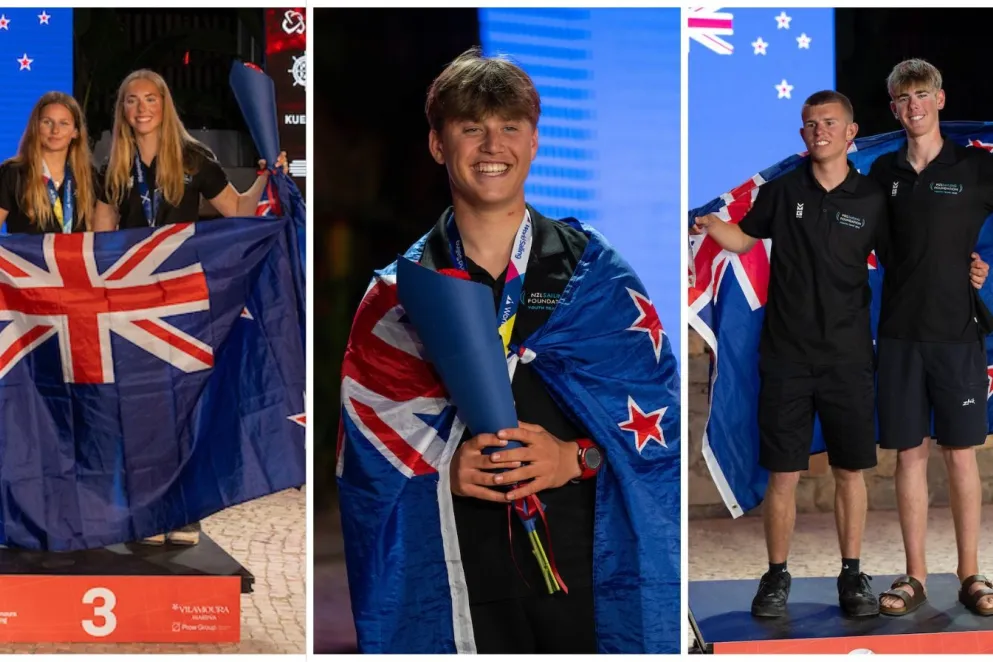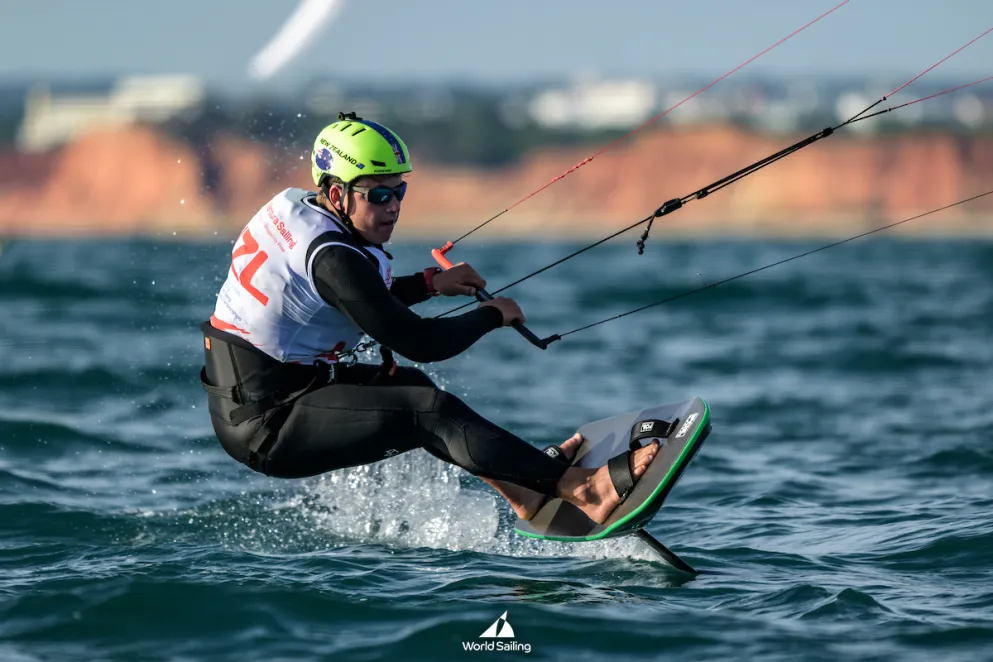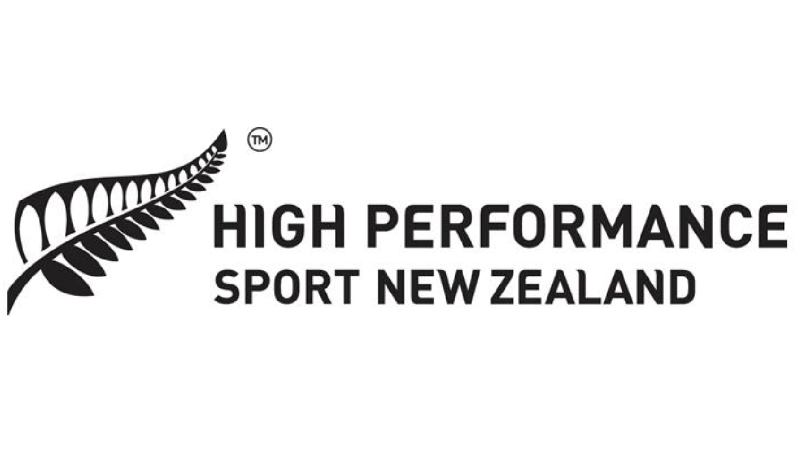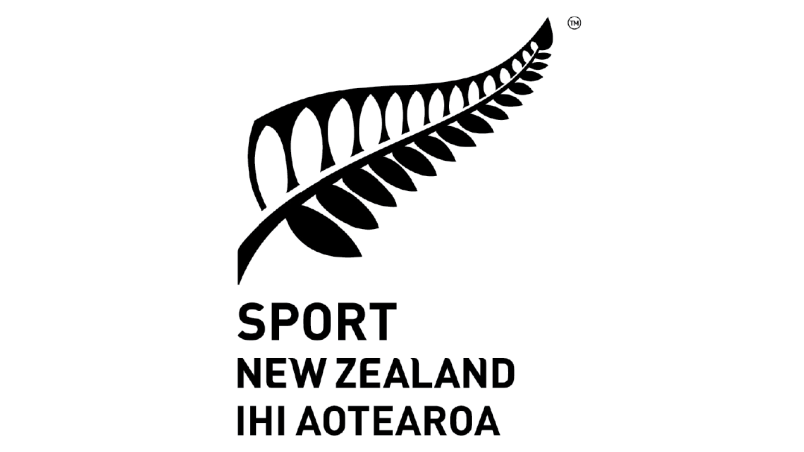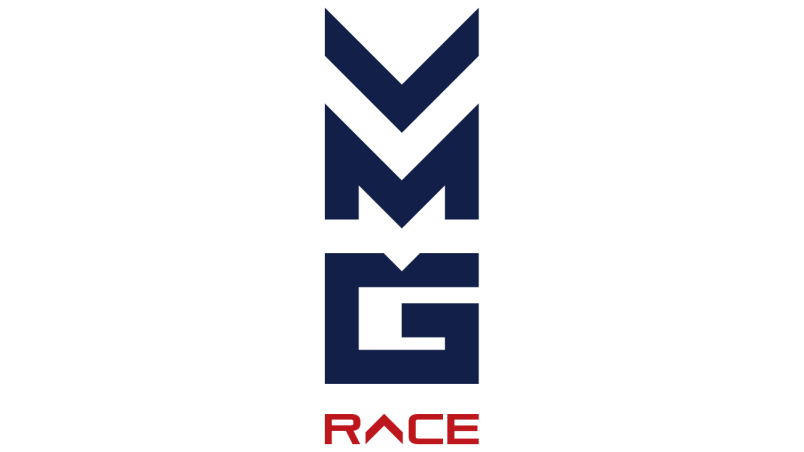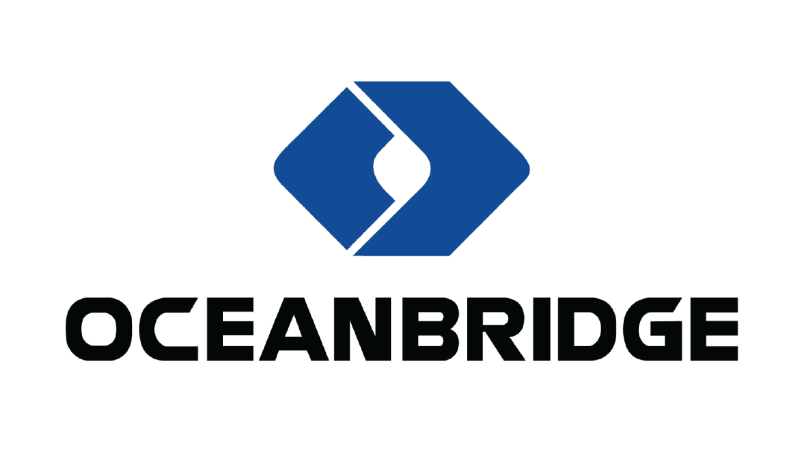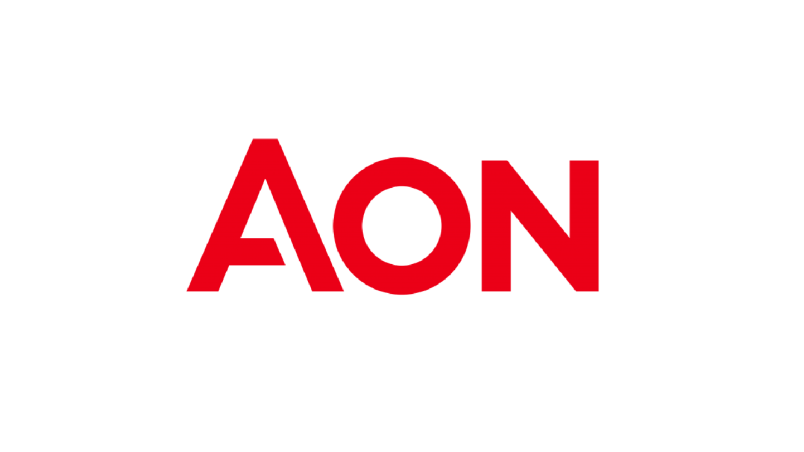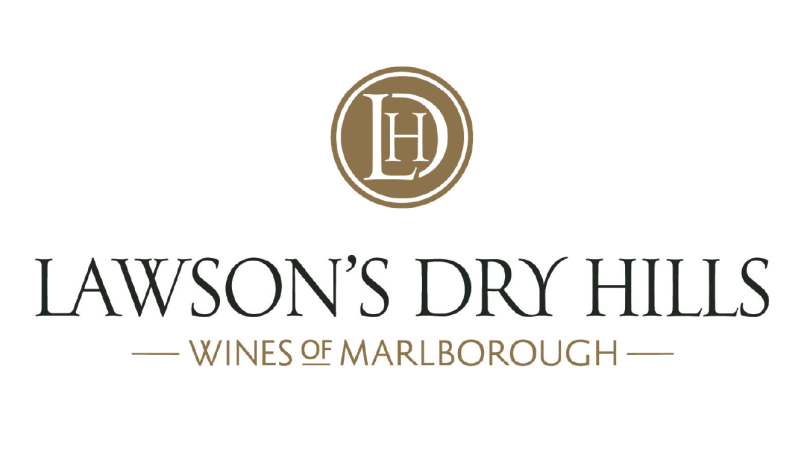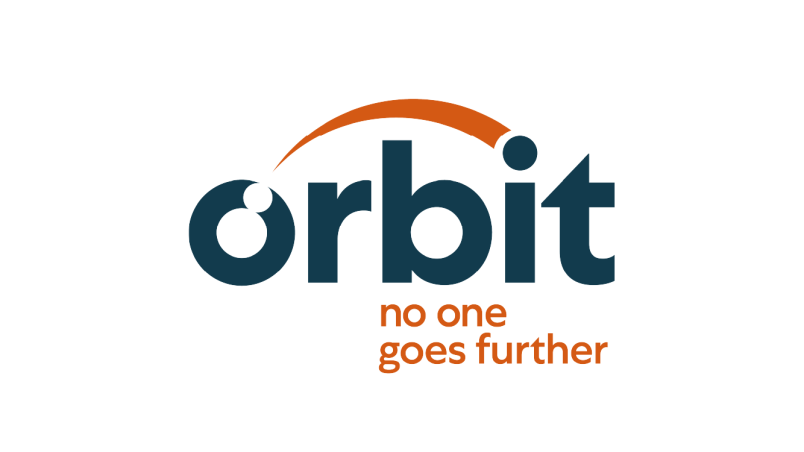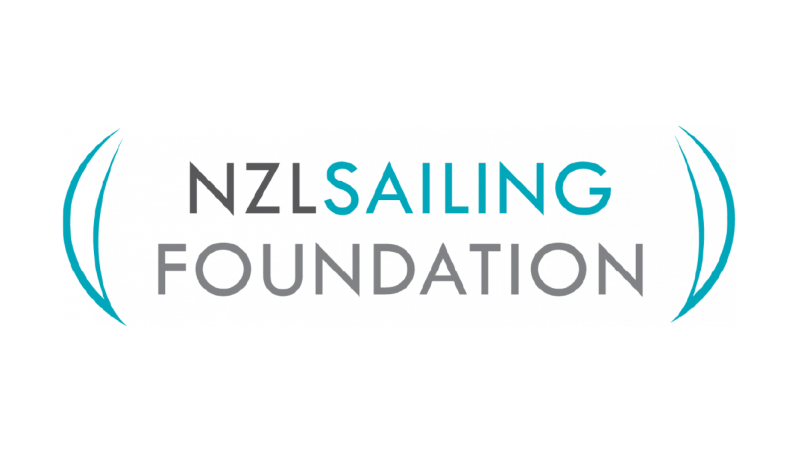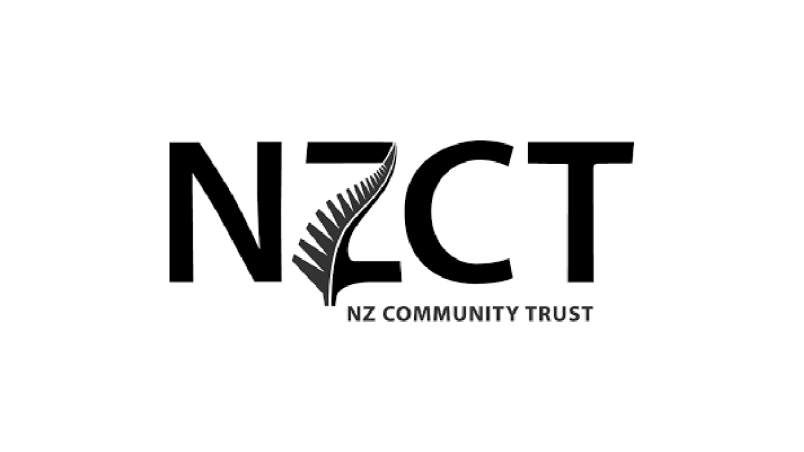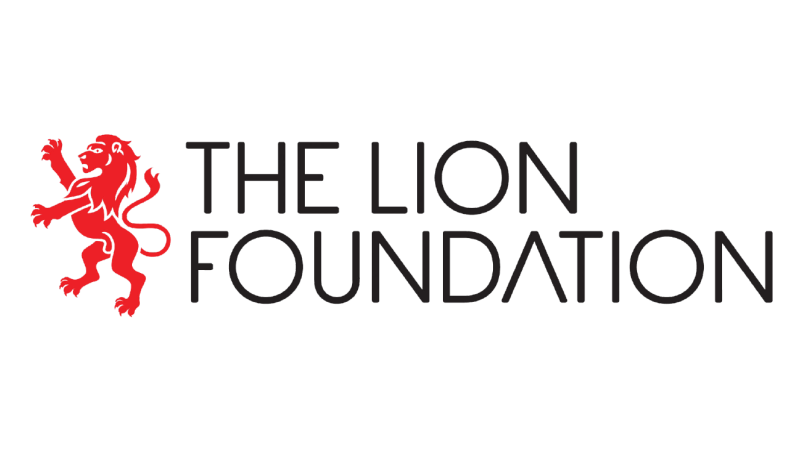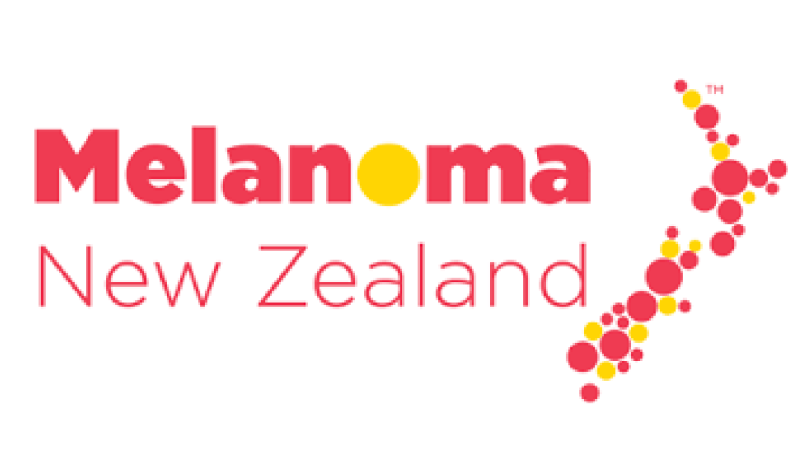Spotlight on: Jonathan Kline
In the first of a new regular feature shining the spotlight on the New Zealand yachting community – and the people at its heart – we talk to Mercury Bay Boating Club Commodore Jonathan Kline.
Kline has been at the centre of efforts to relocate the famed Whitianga club after it was left teetering on the water’s edge as large swells and surging tides caused by ex-Cyclone Hale in January eroded meters of foreshore.
Though the club building was moved 25m inland a fortnight ago, it still faces an uncertain future – and huge costs – to find a new permanent location.
How would you describe the past few weeks for Mercury Bay Boating Club?
It has been a rollercoaster of emotions – from watching the foreshore erode far quicker than I ever thought possible and realising my worst fear might occur in the course of a tide cycle or two, to the support from the community to save the building.
Cyclone Hale and the efforts to save the club have thrust you into the public limelight. Has that been challenging to deal with?
I decided early on to take on the communications role as events unfolded, as I had so many incredible people - our supporters and committee - stepping up in other areas and putting out the fires that we needed to put out. To the local community this club is important, and I felt our story was worth telling.
What are the most important lessons you’ll take from events these past weeks?
To believe in your team, to ask for help, and to know that the larger goal, in this case keeping this community asset alive, is worthwhile. Fellow volunteer coach Tara Corley used the expression – I think it may be a Kiwi saying - that when you're eating an elephant, you must do it one mouthful at a time. That's what it's felt like at times, like trying to get through an elephant!
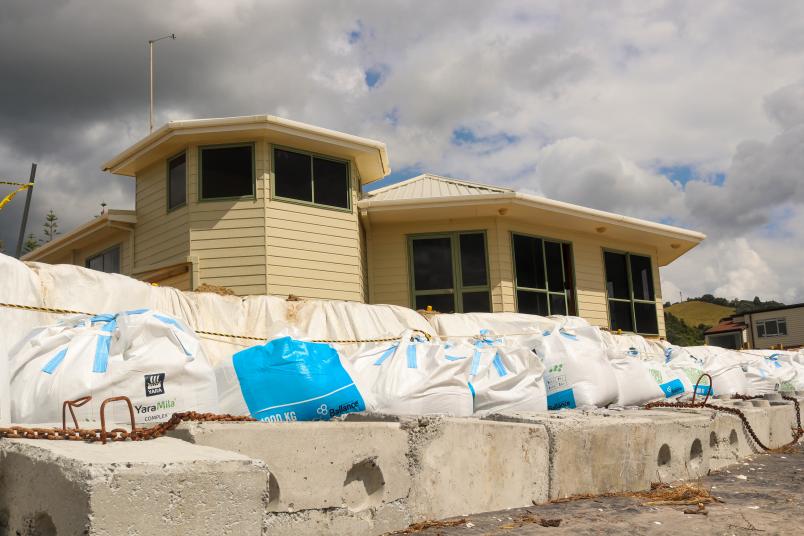
You’re originally from the US?
Yes, I’m from Fort Lauderdale, Florida but I was born in Iran, raised in South America and lived in Turkey and the Philippines. My father was a director of CARE, an organisation that worked with schools to provide one hot meal a day for children in areas where there wasn’t enough and, as young kids, we would be dragged along with him to all these countries. So, at an early age I was exposed to a lot of different cultures, languages, and people. That made me want to travel but also meant I had no fear of being in places where I might not understand completely the language or the culture.
What got you into sailing?
When my family finally settled in America, we ended up in a condominium in Fort Lauderdale. Next door was a hotel – a typical mid-1970s resort with a sailboat rental concession. There weren’t many kids my age and I befriended an old man who was in charge of the boats. My first job was learning to rake seaweed and setting up umbrellas and chairs. When I was 11 or 12, he finally taught me how to rig and sail Hobie Cats. They’re still my boat of choice.
I've been sailing professionally for more than 30 years, and the sea still plays a large part in my life. It's the best place to find yourself, to teach, and to learn. These days I’m a father and a husband first, but when I have time off, I still go sailing.
What brought you to New Zealand – and the MBBC?
I sailed to New Zealand several times in my early days and on one trip I met a wonderful Kiwi woman and she sailed away with me. Alanna and I began a life at sea as yacht crew, working for various owners, sailing around the world. In 2016, we decided to return to her hometown of Whitianga with our children, who were four and six years old.
When we moved to New Zealand, I became a stay-at-home dad because I'd been at sea for many years and I'd missed quite a bit of my children's early years. Alanna went to work full-time with her father at The Lost Spring. I learned how to make a mean breakfast, I'm pretty good at laundry and housekeeping and I tell good sailing stories but I also wanted to give back in the one area I could, so I got involved at the club.
What is your favourite sailing spot in New Zealand?
Mercury Bay has been my home now for almost seven years and I spend so much time on the water here coaching and sailing that the east coast of the Coromandel, from the Aldermen to Great Mercury Island, has to be my favourite.
What have been some of the other big challenges facing the club in recent years?
For me, coaching here has not been about trying to find the next Olympian but rather about youth development and using sailing as a platform to teach life skills. Very few of our sailors will go down the competitive racing route but for the rest, they embrace sailing as a lifelong passion.
We’ve had huge success in building our junior sailing programmes over the last few years and there’s a lot of demand but we’re still quite small and rural and we’re a volunteer organisation. We have plenty of kids and parents who want to sail but we don't have enough volunteer coaches to teach them. This is our biggest challenge.
For the first time this summer, with the help of Yachting New Zealand, we achieved our MOSS (maritime operators safety system) exemption in order to have a paid coach on board our patrol boats. And for the first time this summer, we employed a coach for four weeks to teach our kids.
I think that’s the way forward.
Finally, what is next for MBBC – and for you?
I joined because I wanted to coach and I wanted to build the programme, go for funding, to get some new boats for the kids and to make junior sailing sustainable. We have achieved that. My wife and I were talking about swapping roles just as the cyclone hit – she wants to go back to being a home mum and I will be going back to sea. Our kids (Noah, 14, and Annabelle, 11) are old enough for us to do that now.
The future of the building is up in the air – literally. But the club is not the building; it is the members, who are resourceful and resilient. The hardships we face now, will give way to a new chapter.
To donate to Mercury Bay Boating Club’s relocation efforts, click here.
